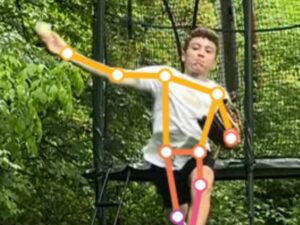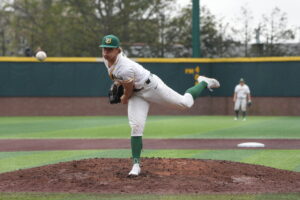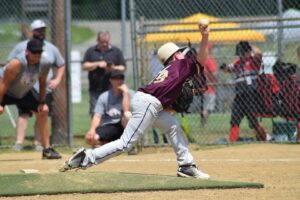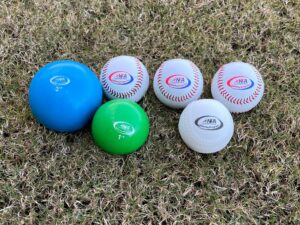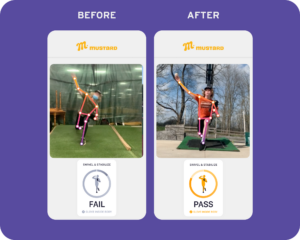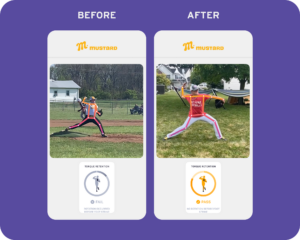By Tom House, PhD, with Lindsay Berra
My mom always used to say, “If it doesn’t kill you, it’s a good experience.” That’s a harsh way of saying you have to be able to learn from failure.
My parents weren’t traditional sports parents. My dad was a total nerd and my mom was an Iowa farm girl who only cared about education. Sports were awesome, but when I came home and said, “Mom, Dad, I threw a no-hitter today,” my dad would say, “What’s a no hitter?” and my mom would say, “That’s nice, but did you get an A in English?” It wasn’t that they weren’t supportive; they loved that I played sports. But they never became outcome-oriented. I was never judged on my performance. That allowed me to deal so much more easily with failure, which allowed me to learn from failure. Sports are games of failure coached by negative people in a misinformation environment, and if you’re a kid who isn’t worried about failure and is able to learn from it, you’re way ahead of everyone else with whom you’re competing. So, at Mustard, we say, “Fail Fast Forward.”
Thoughts for today's sports parents, based on my childhood with my own parents. "If you're a kid that's not worried about failure, you're way ahead of everyone else you're competing with." #youthsports @CoachJasonGold #parenting pic.twitter.com/kOvfWofQ7e
— Tom House 〽️ (@tomhouse) April 8, 2020
Of course, failure hurts. But the kids who aren’t afraid to screw up have more success than failures. And when they do screw up, they ask why. The millisecond you ask why, it forces you to think about process, and not outcome, and not the feeling that went with the failure. So, when you’re dealing with failure, look yourself in the mirror, pick out two or three things you want to fix tomorrow, and get after them. It’s OK to fail, as long as you learn something from it. The sooner you realize failure is part of the process, the better you’ll figure out what to do to not fail. The kids who learn to learn from failure are the kids who continue on and have great success in their sports. “Fail Fast Forward.”
If you talk to the greatest athletes of all time, they’ll tell you they hate failure in the present, but value it infinitely in the past. Ask them about the most valuable moment of their careers, and it won’t be a highlight. It’ll always be a moment of failure that forced them to overcome adversity and prevail, that made them tougher and more resilient going forward and taught them something about the game or themselves.
Every GOAT I’ve trained is driven more by failure than success. They wouldn’t trade the failures for anything.
— Tom House 〽️ (@tomhouse) April 22, 2021
Parents and coaches need to allow young athletes to fail, and look at those failures as lessons. They need to be able to learn from failure, in both sport and in life. Young athletes will learn so much more from their losses than from their victories, so stop trying to protect them from failure. If you try to prevent failures or shelter your kids from them, they’ll never get better and develop. I’m not saying it’s comfortable, but it is necessary for growth.
Here, Mustard cofounder and elite performance coach Jason Goldsmith, along with some of the athletes of #TeamMSTRD, discuss how they grow and learn from failure.
Jason Goldsmith: “If it doesn’t turn out, you learn from it.”
MLB Pitcher Lucas Giolito: “I was the worst pitcher in baseball.”
MLB Pitcher Trevor Stephan: “You learn more from your struggles.”
Jason Goldsmith: “You’re going to blow it.”
If you’d like more great content from Mustard, and you’d like to evaluate and improve your own pitching mechanics, download the Mustard pitching app today.


